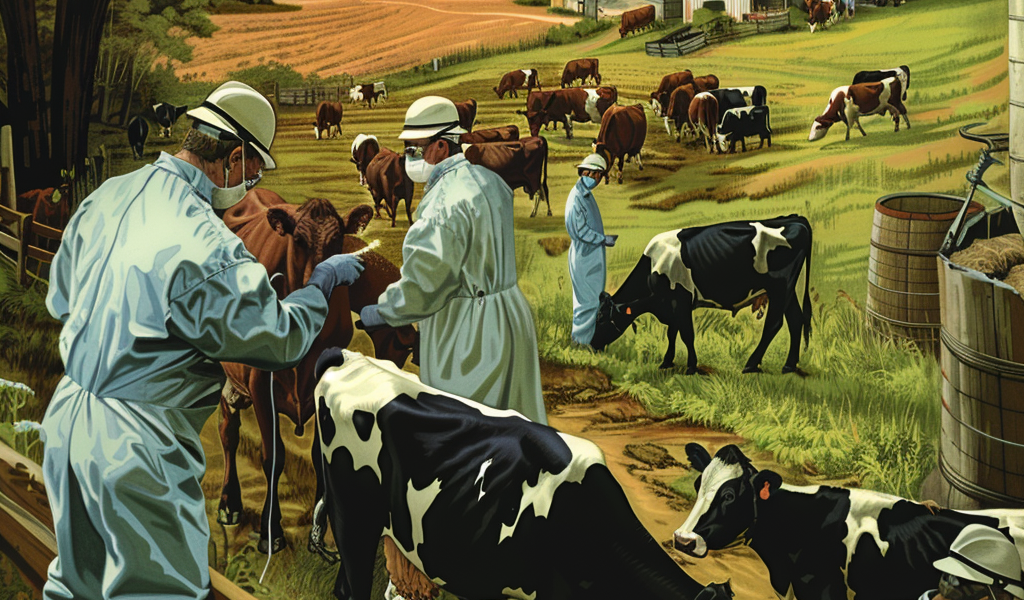Recent reports have highlighted the concerning spread of H5N1 bird flu, a virus that originated in 2020 and has since affected various animal populations worldwide. The latest development involves a second human case of bird flu in Colorado, where a dairy farm worker contracted the virus but has since recovered with only mild symptoms.
In response to the growing threat, Finland has announced plans to vaccinate vulnerable populations, such as farm workers, against bird flu. This initiative is part of a broader effort involving a European Union deal with vaccine manufacturer CSL Seqirus to provide millions of vaccines to multiple countries.
Meanwhile, the World Health Organization confirmed a case of H9N2 bird flu in a four-year-old child in India. Although the child recovered, the incident underscores the potential risks associated with avian flu strains.
In the United States, several cases of bird flu among cows have been reported in states like Colorado, Ohio, Michigan, South Carolina, and Texas. This development is particularly concerning as cows typically have a high recovery rate from the virus, making the high number of deaths and slaughters unusual.
Additionally, a study on the 2023 bird flu outbreak in South America revealed the transmission of the virus among elephant seals and sea lions in multiple countries. This marks the first documented case of intercontinental mammal-to-mammal bird flu transmission.
Recent cases of human infection in dairy farm workers in Michigan and Colorado have raised alarms, with the Centers for Disease Control and Prevention monitoring the situation closely. The discovery that consuming infected milk may contribute to the spread of the virus underscores the need for effective prevention measures.
As the global community grapples with the evolving threat of bird flu, efforts to contain and mitigate the spread of the virus remain a top priority. Stay informed and take necessary precautions to protect yourself and your community from this potentially deadly disease.





